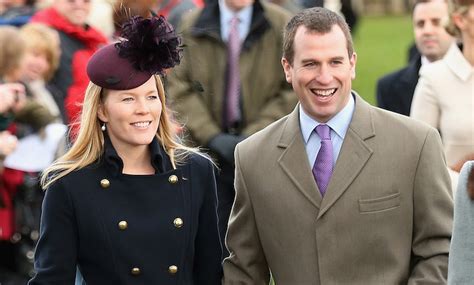A Quote by Matthew Hussey
The key to asking someone out is to not really ask. In other words, don't feel your sentence needs to end with a question mark.
Related Quotes
It's the most annoying question and they just can't help asking you. You'll be asked it at family gatherings, weddings, and on first dates. And you'll ask yourself far too often. It's the question that has no good answer. It's the question that when people stop asking it, you'll feel even worse. - WHY ARE YOU SINGLE?
Of course, to avoid getting stuck in that convo with someone you dislike or feel uncomfortable around, don't be passive, be proactive. Do not let them direct your interaction on their terms, do it on yours. Ask a Misdirection Question--something too difficult to answer quickly--e.g., 'What's Congress up to?' or 'You ever learn any cool science?' When you ask the question, don't make eye contact, keep moving and get out of there. Do not wait for a response and deny ever asking it. Repeat these actions until you are never again spoken to by that individual (about four times).
I'm a 'frotteur,' someone who likes to rub words in his hand, to turn them around and feel them, to wonder if that really is the best word possible. Does that word in this sentence have any electric potential? Does it do anything? Too much electricity will make your reader's hair frizzy. There's a question of pacing.
The key to a successful relationship isn’t just in the words, it’s in the choice of punctuation. When you’re in love with someone, a well-placed question mark can be the difference between bliss and disaster, and a deeply respected period or a cleverly inserted ellipsis can prevent all kinds of exclamations.
Let the jerks of the world serve as the perfect example of what you don't want to be. You'll be a heck of a lot happier, and in the long run, there's a chance that other person at work will end up asking what your secret is. Why are you the happy one? In other words, don't let your thoughts think you. Besides, if you're really gonna get pissed, don't waste it on your family, friends, or coworkers, save it for something that really matters.
I was always aware, reading Chesterton, that there was someone writing this who rejoiced in words, who deployed them on the page as an artist deploys his paints upon his palette. Behind every Chesterton sentence there was someone painting with words, and it seemed to me that at the end of any particularly good sentence or any perfectly-put paradox, you could hear the author, somewhere behind the scenes, giggling with delight.
What is there to understand? The significance of life? How long will it take to understand the significance and the meaning of life? 20 years? 30 years? And the same question will be here in another 20 years, I guarantee you. Until you stop asking that question. When that question is not there, you are there. So that's the reason why you keep asking the question: you do not want the question to come to an end. When that comes to an end, there will not be anybody, left there, to find out the meaning, the purpose and the significance of life.
When we ask we are owning our needs. Asking for love, comfort or understanding is a transaction between two people. You are saying: I have a need. It's not your problem. It's not your responsibility. You don't have to respond, but I'd like something from you.
This frees the other person to connect with you freely and without obligation. When we own that our needs are our responsibility we allow others to love us because we have something to offer. Asking is a far cry from demanding. When we demand love, we destroy it.
When you ask someone a question and they're slow to respond, don't feel pressure to move the conversation forward. Remaining silent plays to your advantage. Moments of silence make people feel as though they should speak, especially when the ball is in their court. This is a great tool to use in negotiations and other difficult conversations.
I listen to all these complaints about rudeness and intemperateness, and the opinion that I come to is that there is no polite way of asking somebody: have you considered the possibility that your entire life has been devoted to a delusion? But that’s a good question to ask. Of course we should ask that question and of course it’s going to offend people. Tough.
If you don't understand, ask questions. If you're uncomfortable about asking questions, say you are uncomfortable about asking questions and then ask anyway. It's easy to tell when a question is coming from a good place. Then listen some more. Sometimes people just want to feel heard. Here's to possibilities of friendship and connection and understanding.



































